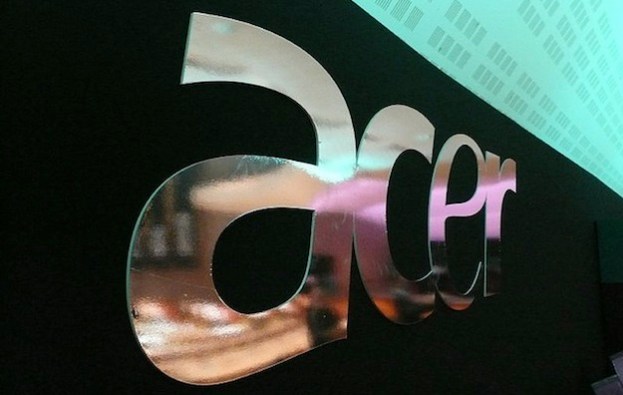
Jim Wong, president of Taiwanese computer company Acer, said that the firm’s fourth-quarter numbers showed that Windows 8 was a sales failure. According to Bloomberg, Acer’s shipments in the final quarter were 28 percent lower than in the same quarter of the previous year. Wong said that global computer industry shipments in the period were down 6.4 percent. “The whole market didn’t come back to growth after the Windows 8 launch, that’s a simple way to judge if it is successful or not,” he said.
Wong pointed to Chrome-based machines, which now account for between 5 percent and 10 percent of the company’s U.S. shipments, as an additional sign that the Windows 8 computers were not pulling their weight for Acer. He said the success of Chrome-based computers showed that they were a “more secure” product type since they performed well without the large marketing push that accompanied Windows 8’s launch.
But is that assessment fair to Microsoft and the Windows 8 team? Larry Dignan of ZDNet responded to Wong’s claims that Windows 8 was a flop, noting that the picture presented by Acer doesn’t account for sea changes in the computer market. He claimed that Windows 8 was the the debut operating system in a market where PCs have fallen in favor of tablets, and that expecting a touch-centric OS to pick up the slack on PC sales is unreasonable.
Dignan said that Wong’s statements indicated that Acer had made a bad bet about which way the computing world would turn. He observed that Acer’s fourth-quarter figures included a writedown of NT$3.5 billion ($120 million) from its PC-focused brands Gateway, Packard Bell, and eMachines. Those three acquisitions helped Acer grow in a direction that was fading from popularity among consumers and their value has declined accordingly. The company doesn’t have any powerhouse tablets in its product lineup to pick up for the waning interest in desktops and laptops.
It seems that Acer is looking to shift its strategy – but not to tablets. Bloomberg’s report said that Acer will be focusing on smartphones, with Wong aiming to increase sales from 500,000 units in 2012 to 1.5 million in 2013 and 5 million in the following year. Wong also said that Acer may look into purchasing other technology companies, but not more PC-driven brands. This shows that Acer is working on triage. Diversifying farther into smartphones is a sign that the company’s tweaking its approach to better reflect the desires of shoppers and to keep its hat in the ring with the other top computing names.
Image via Michael Walsh


